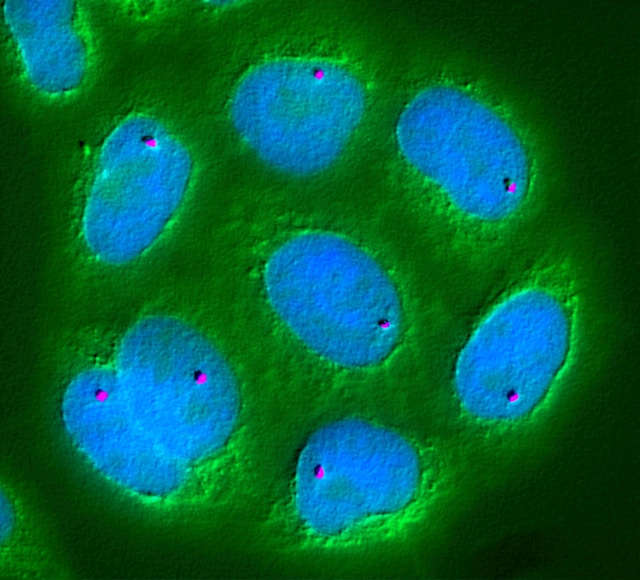High-level representatives of countries around the globe are gathering today and tomorrow in Sweden’s capitol for Stockholm+50, to discuss the challenges facing the planet—just as they did 50 years ago at the first UN conference on the environment in Stockholm in 1972. Many of the challenges of that time have only grown more urgent, but we have some new solutions, including those offered by biotech.
During that first gathering, the UN designated June 5 World Environment Day, with the motto “Only One Earth,” and that is the motto again this year.
“Fifty years on, the motto is as pertinent as ever—this planet is our only home, and humanity must safeguard its finite resources,” according to the Geneva Environment Network.
World Environment Day, which falls on Saturday this year, is a major annual event encouraging positive environmental action and providing the opportunity to emphasize the importance of the responsible behavior of individuals, enterprises, and the community in the preservation and improvement of the environment.
As UNEP points out on its website: “This year’s World Environment Day comes with the planet facing a triple crisis of climate change, nature and biodiversity loss, and pollution and waste. As those crises have become more acute, World Environment Day’s message has gotten more urgent.”
Biotech offers new solutions to old environmental challenges
There has been some progress in addressing the challenges in the last half a century, along with global cooperation on solutions.
The Stockholm+50 “event will provide leaders with an opportunity to draw on 50 years of multilateral environmental action to achieve the bold and urgent action needed to secure a better future on a healthy planet,” according to the organizers’ website.
Some of the solutions to the environmental challenges we face are coming from biotech. Just a few examples include:
- developing tools to help farmers conserve and promote biodiversity by growing more with less;
- providing genetically modified crops that can withstand climate change;
- developing sustainable aviation fuels that reduce dependence on fossil fuels;
- producing plant-based meat with a low-carbon footprint;
- creating bio-alternatives to raw materials used in manufacturing;
- battling soil salinization;
- facilitating sustainable agriculture.




